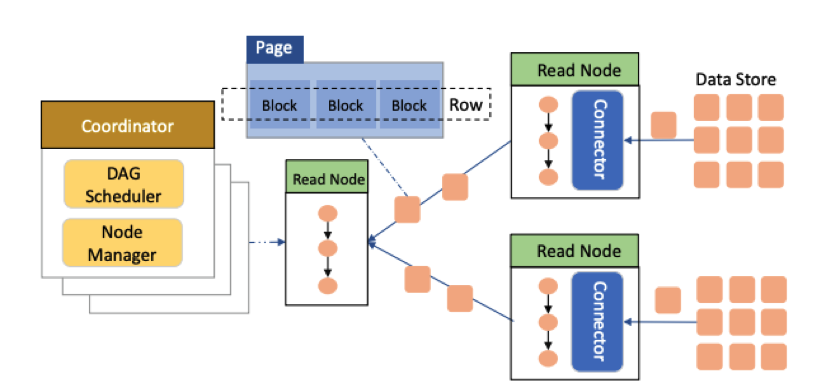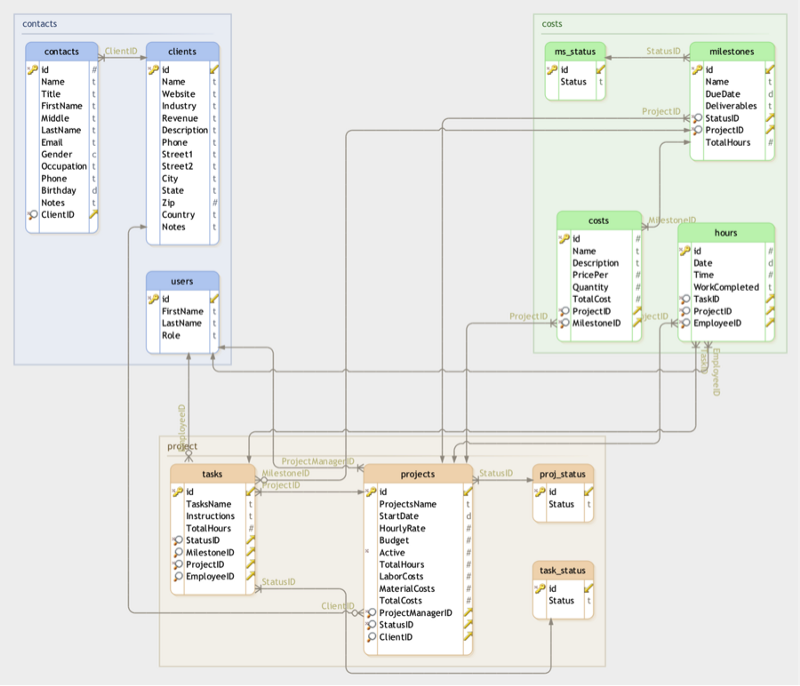

Using UNION and DISTINCT operators without any major purpose causes unwanted sorting and slowing down of SQL execution. Use DISTINCT and UNION only if it is necessary Using it needlessly not only limits database performance but also limits MySQL query optimization options, resulting in slower execution of SQL statements. Use outer join only when it is necessary. Use inner join, instead of outer join if possible

Because unnecessary columns cause additional load on the database, slowing down its performance as well whole systematic process. Instead of using ‘SELECT *’, always specify columns in the SELECT clause to improve MySQL performance. Avoid unnecessary columns in SELECT clause In most cases, this wildcard usage brings major performance limitations. For example: SELECT * FROM TABLE1 WHERE COL1 LIKE '%ABC'Copy
MYSQL OPTIMIZER COST MODEL FULL
The predicate LIKE '%abc' causes a full table scan. Avoid using a wildcard (%) at the beginning of a predicate If there isn’t any way to avoid that function in SQL, you will have to create a new function-based index or have to generate custom columns in the database to improve performance. The database doesn’t use an index if it has some function predefined in the column.įor example: SELECT * FROM TABLE1 WHERE UPPER(COL1)='ABC'Copyīecause of the UPPER() function, the database doesn’t utilize the index on COL1. You Might Also Like: Laravel Performance Optimization Guide Avoid using functions in predicates Therefore, I highly recommend indexing all predicate columns so that database can experience MySQL query optimization. Because improper indexing of SQL queries can cause table scans, which eventually lead up to locking problems and other issues. WebSphere Commerce strongly emphasizes on indexing of predicates to augment SQL performance. You Might Also Like: PHP Performance Tips to Optimize Your Websites Optimize Queries With MySQL Query Optimization Guidelinesįollow these best practices for your MySQL performance tuning and optimizing database speed.įirst of all, ensure indexing of all the predicates in WHERE, JOIN, ORDER BY, and GROUP BY clauses. It not only lowers unwanted task load but also optimizes the MySQL database for faster data retrieval. However, once tuned properly, the database gives worthwhile performance results with great functionalities. The tuning database for MySQL query performance optimization doesn’t come with pale challenges. It also gives you insights into whether moving data storage or adding server capacity will bring improvement in performance or not, and if so, then how much will it be. The major advantage of identifying the performance driving factor for database allows you to avoid over-provisioning and reducing cost by right-sizing your servers. So, let’s see them in detail below: The Benefits of MySQL Performance Tuning
MYSQL OPTIMIZER COST MODEL HOW TO
In this tutorial, I will discuss how to improve MySQL performance using some handy performance tuning tips. And while every statement is different, their tuning approach also varies according to their respective functionalities. Because when you have a large number of SQL statements to sort through, it brings a bit of uncertainty to find out which statements must you tune up and which one should you leave. While writing clean and complete SQL statements is the responsibility of the one who garners thorough knowledge of it.īesides its complexity, tuning is very time-consuming. Firstly, it requires extensive technical expertise to write and understand different execution plans. There are several reasons which make SQL tuning a bit complex for developers. With the added complexity of growing data volumes and ever-changing workloads, database performance tuning and MySQL query optimization are now necessary to maximize resource utilization and system performance.



 0 kommentar(er)
0 kommentar(er)
